20 ANOS DE ESG: O RACISMO AMBIENTAL COMO CONSEQUÊNCIA DA ATIVIDADE EMPRESARIAL EXTRATIVISTA NO BRASIL
INTRODUCTION: The research addresses the relationship between large corporations’ extractive activities and environmental racism, analysing how companies use sustainability discourses that do not match the reality of their operations. Initially, sustainable development is defined as the balance between economic growth, environmental preservation and society, for present and future generations. This concept is at the heart of global initiatives such as the UN Global Compact, which encourages companies to take responsibility for this issue. In this context, ESG criteria have emerged to measure companies’ commitment. However, many corporations use ESG criteria for self-promotion, without any real commitment, which can characterise the practice of greenwashing and bluewashing. As a result of their business activities, corporations violate human rights, one example being the practice of environmental racism. This is the disproportionate allocation of pollution and negative environmental impacts to poor communities and ethnic minorities. An exemplary case of environmental racism in Brazil is the Pinheiro Case, which serves as a case study. The petrochemical company Braskem S.A., in Maceió (AL), is responsible for the sinking of the ground in five neighbourhoods as a result of rock salt extraction since the 1970s. Although the company has taken responsibility and signed agreements for compensation, the study questions the effectiveness of these measures in view of the losses suffered by the victims. AIMS: The main objective of the research is to identify the degree of Braskem’s commitment to sustainable development and to verify the possible occurrence of greenwashing and bluewashing MATERIALS AND METHODS: To this end, through quantitative and comparative research, Braskem’s sustainability reports before and after the disaster are compared with the current discourse of the victims. Also, a bibliographical research was carried out to provide a theoretical framework for comparison. RESULTS: It was found that there is an alignment in the company’s stance with sustainable development, but that bluewashing also occurs, since the company’s sustainable discourse is not consistent with the actual effectiveness of the reparations made to the victims. FINAL CONSIDERATIONS: In view of this inadequacy, it is concluded that there is a need to regulate corporate social responsibility in order to encourage and prioritise measures to prevent human rights violations, in particular due diligence in human rights.
KEYWORDS: Sustainable development; Environmental racism; Gren and blue washing; Pinheiro’s Case; Extractivism.
Votação encerrada.




